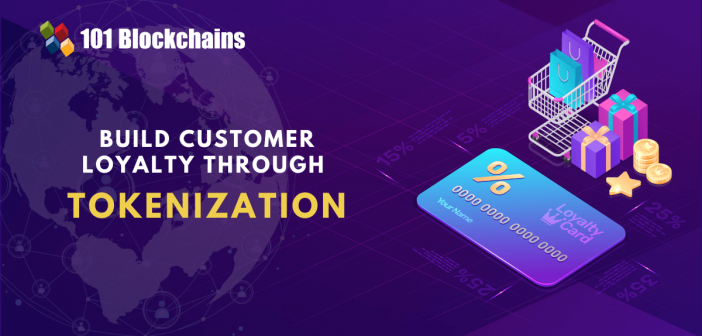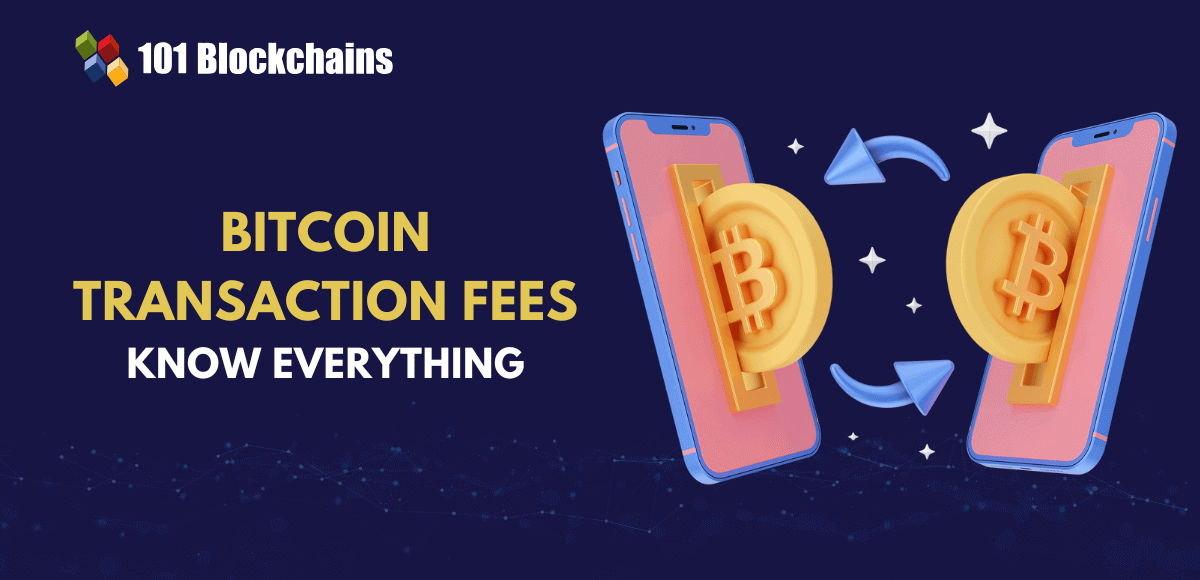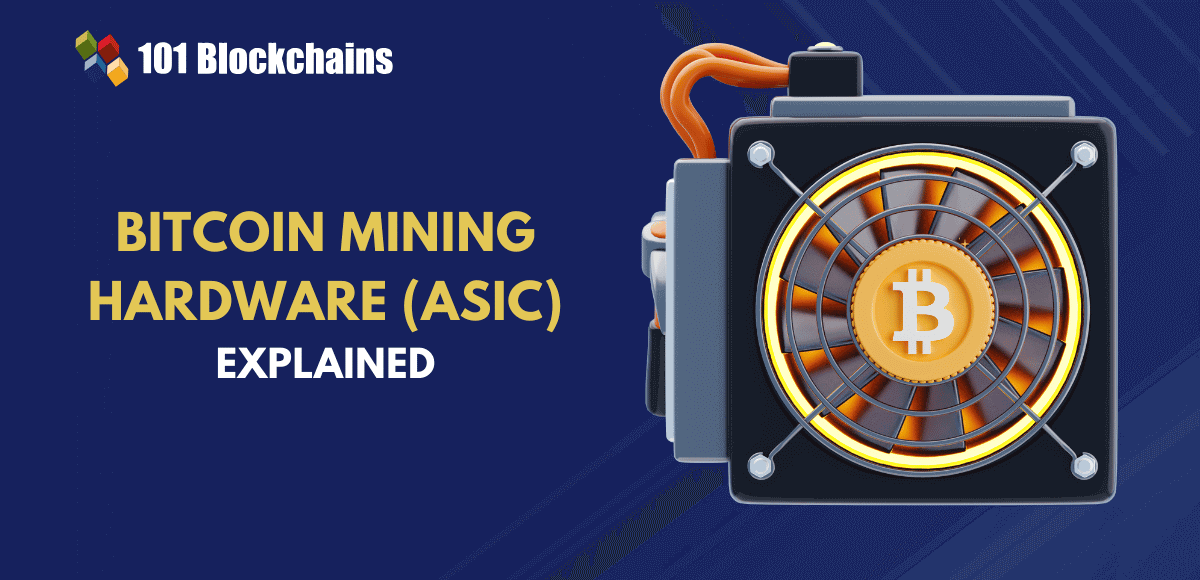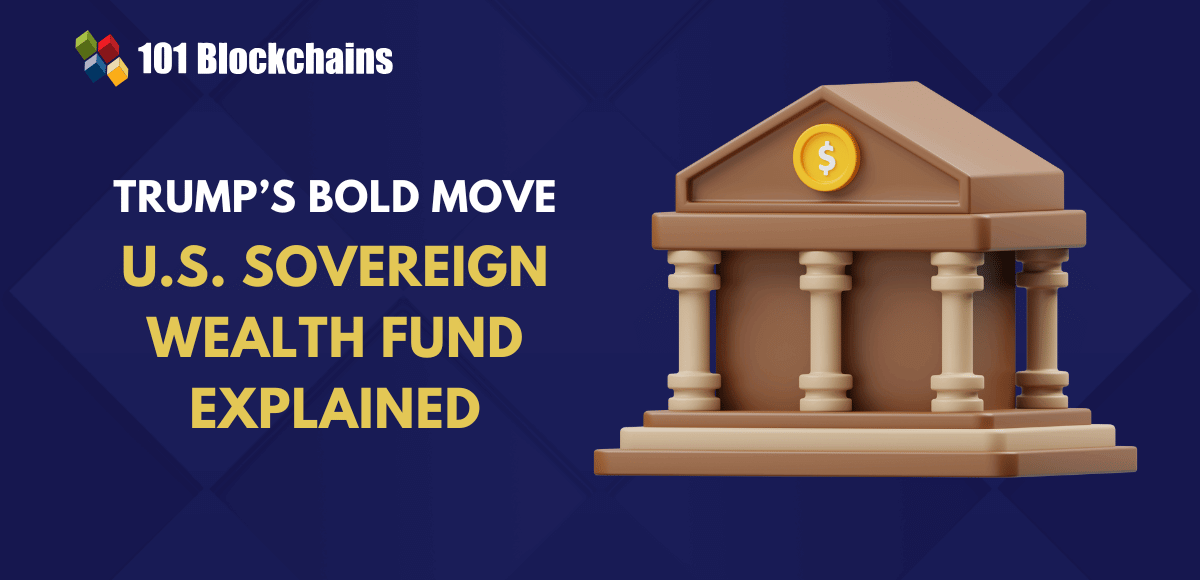Learn how blockchain truly works, master key definitions, and uncover what makes smart contracts so "smart." Dive into the fundamentals, gain valuable insights, and start your blockchain journey today!

Guides
Diego Geroni
on August 18, 2021
Build Customer Loyalty through Tokenization
- Value of Loyalty Programs
- Pitfalls in Traditional Loyalty Programs
- Using Tokens for Building Next Level of Customer Loyalty
- Tokenization for Customer Lifetime Value Management
- Improvement in Customer Complaint Processing
- Tokenization Offers Personalization
- Examples of Tokenized Loyalty Programs
- Final Verdict
If you want to know how to build Customer Loyalty through Tokenization, you’ve come to the right place. Here we are discussing the use of Tokenization for Loyalty Programs.
Businesses are engaged in fierce competition with each other across various industries. As the world welcomes new technology and business trends, we can look at the development of a new business landscape with new opportunities and challenges. However, it is important to reflect on the significance of a loyal customer in ensuring prospects for withstanding the competition in the market. Customer acquisition costs are not falling, and businesses have to face new competitors every day.
Loyalty programs serve as a promising instrument for showcasing recognition of the loyalty of customers. Is it reasonable to introduce tokenization for customer loyalty? What is the case of introducing tokenization in the case of customer loyalty programs? Let us find out the answers to these questions in detail for understanding loyalty tokens and their capability in strengthening the next level of customer loyalty.
Want to learn the fundamentals of tokenization? Enroll Now in Tokenization Fundamentals Course
Value of Loyalty Programs
Loyalty programs serve as an important tool in developing the relationship between the customer and the company. It is important to note that customer retention is the basic objective of a loyalty program. Loyalty programs have gained promising dominance throughout the world, with plausible economic value.
For example, research has indicated that loyal customers are two times more likely to shop frequently with two to three times the expenditure. Interestingly, the focus on tokenization for loyalty programs depends largely on estimates which suggest a staggering 25% to 95% growth in company profits with a mere 5% growth in customer loyalty. Here are some promising numbers which could show how valuable loyal customers can be.
- Almost 62% of millennial customers and 54% of the general population prefer to purchase only from their preferred brands.
- Repeat customers contribute almost 40% to the revenue of an average store.
- The top 10% of customers in terms of loyalty are likely to spend 3 times more for each order, while the top 1% of loyal customers could spend almost 5 times more for each order.
In addition, ecommerce, as well as brick-and-mortar stores, have been leveraging loyalty programs for growing repeat business. Before the notion of encouraging customer loyalty through tokenization, traditional loyalty programs have served as a viable tactic for encouraging repeat customers with the facility of discounts and loyalty reward points.
Over the course of time, traditional loyalty programs started bringing in complex registration processes and cards in certain cases. Therefore, modern customers are less likely to choose traditional loyalty programs which focus on transactional rewards and complex rules. Therefore, the implementation of blockchain technology for tokenization of loyalty programs can address the setbacks evident in traditional programs.
Curious to learn about blockchain implementation and strategy for managing your blockchain projects? Enroll Now in Blockchain Technology – Implementation And Strategy Course!
Pitfalls in Traditional Loyalty Programs
You can establish a perfect case for implementing loyalty tokens by taking a look at the pitfalls of the traditional or existing loyalty programs of enterprises. In the digital age, any customer could sign up for the loyalty program of a retailer. However, do your customers actually become loyal followers and advocates of your brand? This question would draw attention to the possible areas you can improve through tokenization for loyalty programs. Here are the problematic aspects of loyalty programs that you can aim to address through tokenization.
-
Heavy Cost Burden
Big stores and e-commerce outlets take on the burden of high costs for setup and maintenance of custom solutions or third-party integrations for customer loyalty programs. In addition, small changes in the existing app or developing a loyalty program solution from scratch could cost heavily.
-
Liabilities for Brands
With so many loyalty programs already available in the market, it is plausible that customers can lose their way. In most cases, customers mix up the loyalty programs and often leave unredeemed reward points. Research suggests that an average American has membership in at least 7 loyalty programs. However, 30% of American consumers do not redeem even a single point. So, the unredeemed points are just liability for the brand as they fail in gaining repeat business.
Start your blockchain journey Now with the Enterprise Blockchains Fundamentals!
-
Limited Focus on Consumers
Another reason for considering the use of tokenization for customer loyalty programs is the concern of fewer customer incentives. Most of the loyalty programs in present times are biased towards the company without any favors for the customer. As a result, customers are practically coaxed into purchasing things they don’t need for achieving rewards. Furthermore, almost 33% of millennial consumers have expressed their dislike towards reward programs due to the need for carrying too many cards.
-
Lack of Security
The need to improve customer loyalty through tokenization also emerges from the security concerns associated with loyalty programs. According to a Harris Poll, almost 71% of consumers would avoid loyalty programs that collected personal information other than the name and phone number.
Another study conducted by McKinsey with 55 biggest retailers in the world on the topic of the effectiveness of loyalty programs shows what is wrong with today’s loyalty programs. The results of the study indicated that companies that have invested in loyalty programs fetch the same or even lower revenue growth than companies that haven’t invested in any loyalty program. So, it is clear that the problem does not rest in loyalty programs as an instrument but in the way they are used.
Get familiar with the terms related to blockchain with Blockchain Basics Flashcards.
Using Tokens for Building Next Level of Customer Loyalty
The use of blockchain-based tokenization in loyalty programs has the potential to transform the way brands interact with their consumers. The blockchain serves as a decentralized approach for executing transactions and maintaining a detailed account of the transactions. Blockchain technology allows the benefits of transparency, immutability, and anonymity for various use cases. Now, let us find out how blockchain can revolutionize customer loyalty through tokenization for loyalty programs.
The detailed analysis of all the interactions of customers with a business could help in identifying customer value, lifestyle, consumption patterns, and preferences. Subsequently, the conversion of these aspects into financial metrics can help in improving the efficiency of the rewards process.
Tokenization for Customer Lifetime Value Management
Tokenization could help in improving the cost-effectiveness of a loyalty program. Most important of all, it can offer a better understanding of the identity of recipients, the rewards they receive, the approaches followed for reward, and the things for which they receive the reward. Direct correlation with the customer lifecycle in processing the transfer of tokens in the marketplace can help in identifying the suitable reward for a specific participant.
Improvement in Customer Complaint Processing
Tokenization for customer loyalty programs could also transform the way brands receive feedback. Traditionally, loyalty programs are limited only to the balance sheet of marketers with complaints and suggestions transferred to service or sales departments. So, a business should think about the reasons for which customers would look for a bonus from a company that does not provide the desired level of service. On the contrary, tokenization could help brands in receiving customer feedback directly on time with better opportunities for responsiveness.
Tokenization Offers Personalization
The customization of reward systems with loyalty tokens could also influence the activity of participants and their satisfaction without increased cost of incentives. Tokens can help in testing new mechanisms easily, such as intangible motivational tools or special service conditions.
Most important of all, tokenization could encourage emotional engagement of participants. It can work effectively as a strategy for holding the attention of customers and encouraging them to adopt the desired consumption pattern. Some of the examples of facilities introduced by tokenization can personalize the customer experience with loyalty programs.
- Gamification
- Surprises and instant prizes
- Raffles
- Educational projects
- Non-purchase initiatives
- Contests
Apart from fostering transactions, tokenization could also encourage any type of activity related to the business. The activities would include reviews and allowing users to participate in posting and promotions. Therefore, customers can develop a strong emotional connection with the brand. It is impossible to incentivize such activity with tangible rewards. On the other hand, tokens could create entitlements to a unique status and brand experience for consumers.
Start learning Blockchain with World’s first Blockchain Skill Paths with quality resources tailored by industry experts Now!
Examples of Tokenized Loyalty Programs
In the present times, tokenized loyalty programs are still in the nascent stage. On the other hand, some businesses are leading the way in improving customer loyalty through tokenization. Here are some of the notable examples of token-based loyalty programs.
- Singapore Airlines revamped its frequent flyer program in 2018 and introduced KrisPay, a miles-based digital wallet. Members could use the wallet to convert miles into digital spending power with other associated merchants. At the time of launch, KrisPay had collaborated with almost 18 merchants across different categories, including beauty, retail, food services, and gas.
- Chanticleer Holdings is also another prominent example of the use of loyalty tokens. As a prominent investor in various chain burger restaurants, Chanticleer Holdings announced its collaboration with a blockchain architecture platform named as MobivityMind. In the new loyalty program, customers dining at one of their restaurants could receive the Mobivity Merit token. Customers can redeem the token across different brands along with the scope of trading without any concerns of fraud.
Aspiring to make a lucrative career as a blockchain expert but not sure how? Check the detailed guide Now on How To Become A Blockchain Expert
Final Verdict
The world of business is constantly changing with every passing second, and so are customer expectations. As a matter of fact, the expectations of customers today will shape up the innovation for the future. The use of tokenization for loyalty programs might be in the initial stages as enterprises are still coming to terms with setbacks in existing loyalty programs.
With a detailed impression of the costs of the setbacks in traditional loyalty programs and the value benefit of tokenization, enterprises can redefine customer loyalty. Start discovering more about tokenization in detail and explore its potential for transforming customer loyalty programs.






